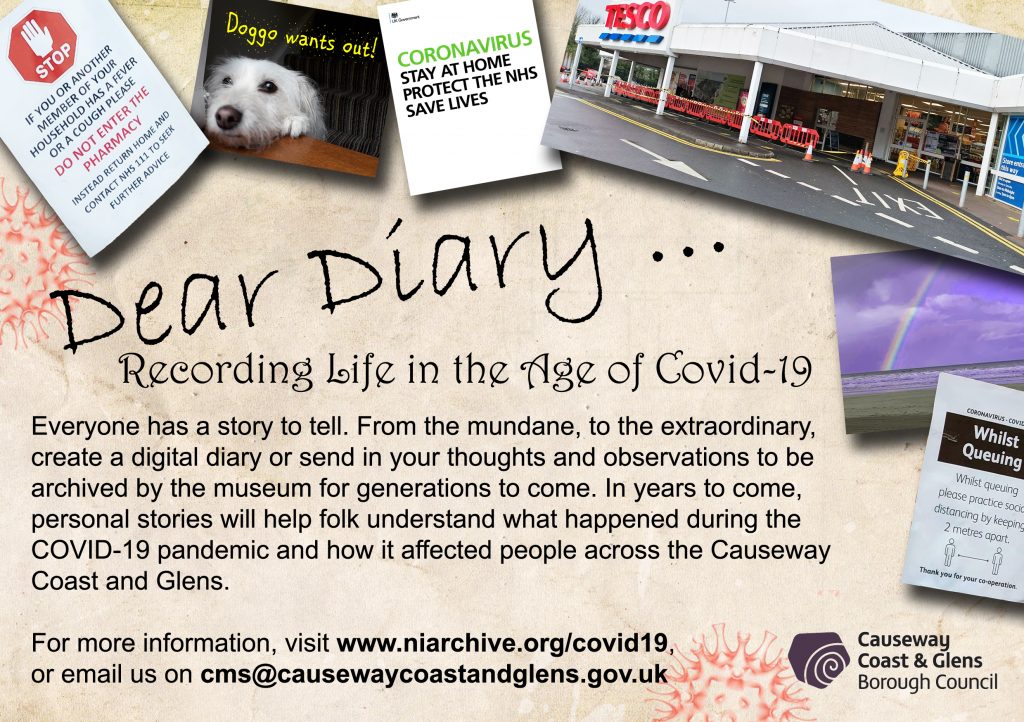

Returning to the first half of the question she believes there is no need for a name. After all, “does something not exist because people don’t know about it?” she asks. In her response she says “I’ve been doing this for years” citing her earlier works both published and unpublished as proof that this genre of speculative fiction is not new to Africans and Africans in diaspora. Nnedi was quick to respond making it clear she resists the terms “movement” and “new”.

He asked the panelists if they felt there was a need for a name and the movement. The next question is about the debate that played out on Facebook about the naming of the genre of African and African Diaspora writing fantasy. He gives a nod to Nnedi’s book ‘Who fears death’ saying it spoke to him directly. All seated to his left there is Nnedi Okorafor African fantasy and science fiction writer, Dilman Dila Ugandan writer and filmmaker and Mehul Gohil, Kenyan writer.Ĭhiagozie throws the first question to the general panel but it is Dilman who goes first, talking about his experience in Nepal and how he was made aware of the fact that the world wasn’t primarily made up of black people. Mazi Chiagozie Fred Nwonwu opens the panel discussion with brief introductions of the panelists. Speculative fiction concerns itself with supernatural and futuristic themes thereby encompassing science fiction, fantasy and horror which are only just beginning to gain traction in Africa. Nnedi Okorafor – Nigerian American author and professorĭilman Dila – Ugandan writer, filmmaker and activist Mazi Fred Nwonwu, editor with strong emotional ties to speculative fiction


 0 kommentar(er)
0 kommentar(er)
